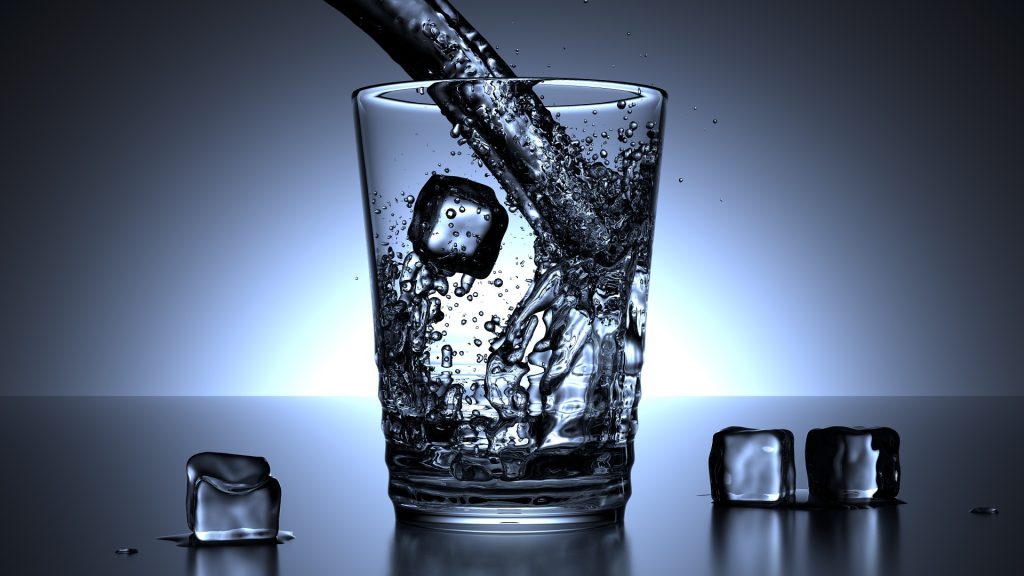51 private water supplies tested positive for E. Coli in 2017

November 23rd, 2018
Fifty-one small private water supplies serving the likes of nursing homes, crèches and hotels tested positive for E. Coli in 2017, the Environmental Protection Agency (EPA) has found.
A new report on private water supplies from the watchdog warns that the quality of drinking water provided from wells or small private suppliers remains poor.
Private suppliers remain the largest suppliers of water in Ireland, meeting the demand of one million Irish residents.
Many crèches, hotels, nursing homes, pubs and schools are reportedly supplying their demand for drinking water from either wells or small private suppliers, the report finds.
The watchdog found that more than 711 private suppliers failed to report their results for E. coli testing to local authorities in 2017.
Consuming water contaminated with E. Coli may lead to gastrointestinal illnesses and in more severe cases may result in kidney failure.
According to the EPA report, most private suppliers are also not on the local authorities’ register and scant regulation is imposed on those who’ve been licenced.
Darragh Page from the EPA’s Office of Environmental Enforcement urged private water suppliers to register with their local authorities.
“We would encourage all private water suppliers and local authorities to ensure that all private water suppliers are on the register and are tested regularly,” he said.
“It is essential that all water supplies are tested to confirm that consumer’s health is not being put at risk,” he continued.
Overall, the report found that the quality of drinking water in private supplies remains poorer than that in public supplies.

Photo: ColiN00B/Pixabay
Irish Water
In October, however, Irish Water had to write to 140,000 homes and businesses over concerns about drinking water quality.
The concerned supplies are on the Environmental Protection Agency’s (EPA) list of 55 ‘at risk’ water supplies across 16 counties where drinking water quality is poor.
Water is safe to drink at 53 of 55 sites but communities in Lough Talt, Co Sligo and Grangemore, Co Roscommon are on boil water notice as water is unsafe to drink straight from the tap.
Concerned homes and businesses will receive a booklet outlining issues with their supply such as elevated Trihalomethanes (THMs) levels, inadequate barriers for cryptosporidium, and the presence of pesticides.
Infringement Case
The European Commission opened an infringement case against Ireland this summer for failing to ensure drinking water for over 500,000 consumers is safe from excessive levels of THMs.
According to the Commission, the Irish authorities have “not taken appropriate actions” to bring down THM values and has failed to notify consumers of the health implications.
The chemical is a by-product formed when chlorine used to disinfect drinking water reacts with organic and inorganic matter.
Prolonged consumption of drinking water with high THM levels is linked to liver, kidneys, and bladder diseases, as well as cancer and issues with the central nervous and reproduction systems.
THMs can be absorbed when water comes in contact with skin, through drinking contaminated water or consuming food prepared in this water.
[x_author title=”About the Author”]







